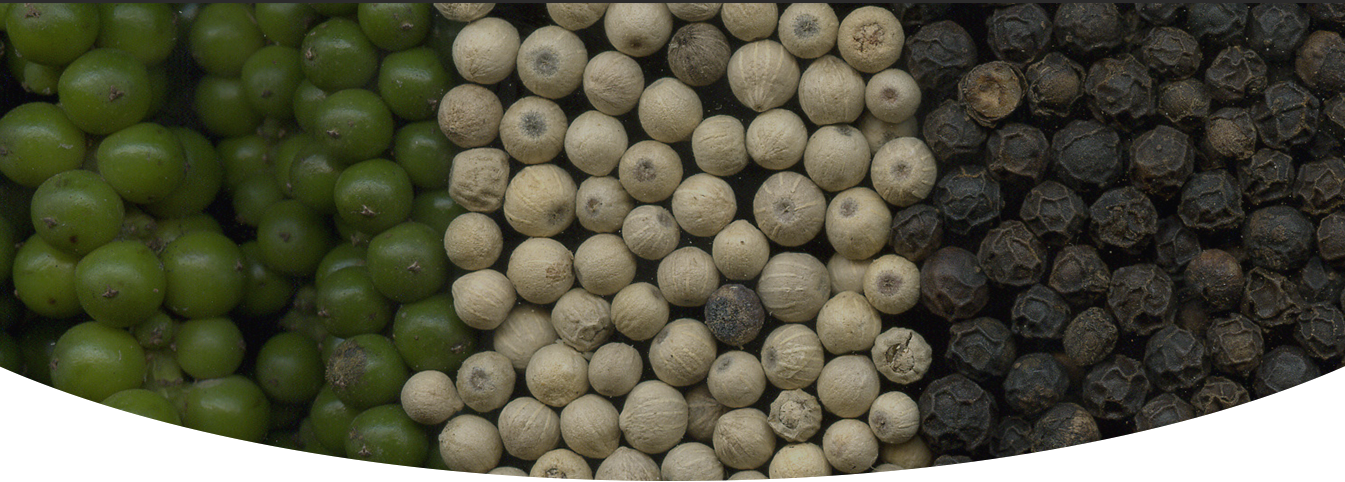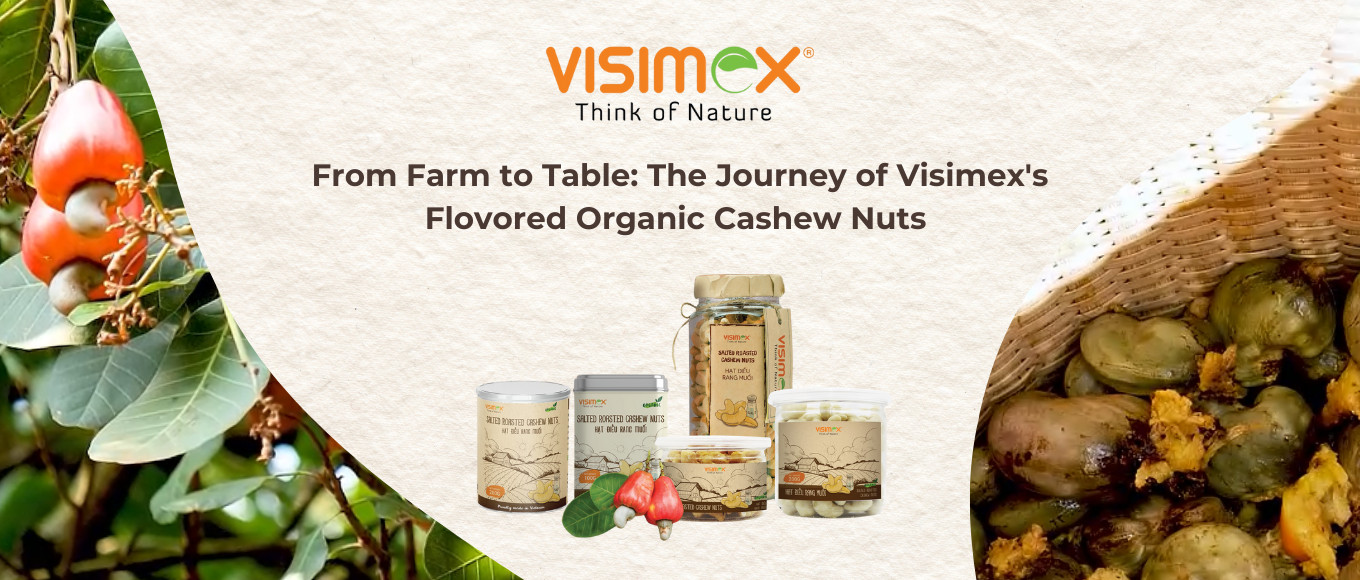As the prevalence of diabetes continues to rise globally, finding effective strategies to manage blood sugar levels is paramount. While diet plays a crucial role in diabetes management, the inclusion of certain foods, like cashew nuts, has sparked interest due to their potential impact on glycemic control. In this article, we delve into the relationship between cashew nuts and blood sugar levels, exploring their implications for diabetes management.

Understanding Glycemic Response:
Glycemic response refers to how quickly carbohydrates from foods are absorbed into the bloodstream and how they affect blood sugar levels. Foods with a low glycemic index (GI) are digested more slowly, resulting in gradual and steady increases in blood glucose levels. Cashew nuts, despite being relatively high in carbohydrates, have a low GI due to their favourable fat and fibre content. This means that consuming cashew nuts is less likely to cause sharp spikes in blood sugar levels compared to high-GI foods.
Nutrient Composition of Cashew Nuts:
Cashew nuts are rich in nutrients that contribute to their potential benefits for diabetes management. They contain healthy fats, predominantly monounsaturated and polyunsaturated fats, which have been shown to improve insulin sensitivity and reduce the risk of cardiovascular complications associated with diabetes. Additionally, cashew nuts are a good source of protein and fibre, both of which play important roles in regulating blood sugar levels and promoting satiety.
Impact on Blood Sugar Control:
Several studies have investigated the effects of cashew nuts on blood sugar control in individuals with diabetes. Research suggests that incorporating moderate amounts of cashew nuts into the diet may help improve glycemic control by reducing postprandial blood glucose levels and enhancing insulin sensitivity. Furthermore, the combination of protein, fat, and fibre in cashew nuts helps slow down the absorption of carbohydrates, leading to more stable blood sugar levels over time.
Incorporating Cashew Nuts into the Diabetic Diet:
While cashew nuts can be a beneficial addition to the diabetic diet, portion control is key. Despite their nutritional benefits, cashew nuts are calorie-dense, and excessive consumption can lead to weight gain, which may exacerbate diabetes-related complications. Therefore, it’s essential for individuals with diabetes to monitor their portion sizes and incorporate cashew nuts as part of a balanced meal plan that aligns with their dietary needs and goals.
Cashew nuts offer promise as a valuable dietary component for individuals with diabetes seeking to manage their blood sugar levels effectively. Their low glycemic index, nutrient-rich profile, and potential benefits for glycemic control make them a worthy inclusion in the diabetic diet. However, as with any dietary intervention, moderation and individualization are key. Consulting with a healthcare provider or registered dietitian can help individuals with diabetes create a personalised nutrition plan that optimises the benefits of cashew nuts while supporting overall health and well-being.
Incorporating cashew nuts into the diabetic diet can offer significant benefits for blood sugar management, thanks to their low glycemic index and nutrient-rich composition. As individuals navigate diabetes management, it’s essential to consider the quality and source of cashew nuts. Visimex, a pioneer in organic agriculture in Vietnam with over 20 years of experience exporting Vietnamese agricultural products, offers a solution aligned with the article’s topic. Visimex’s commitment to sustainable farming practices ensures that their cashew nuts are grown and processed with care, free from harmful chemicals and pesticides. By choosing Visimex’s organic cashew nuts, individuals with diabetes can confidently include this nutritious snack in their diet, knowing that they are supporting their health and well-being while contributing to sustainable agricultural practices.











